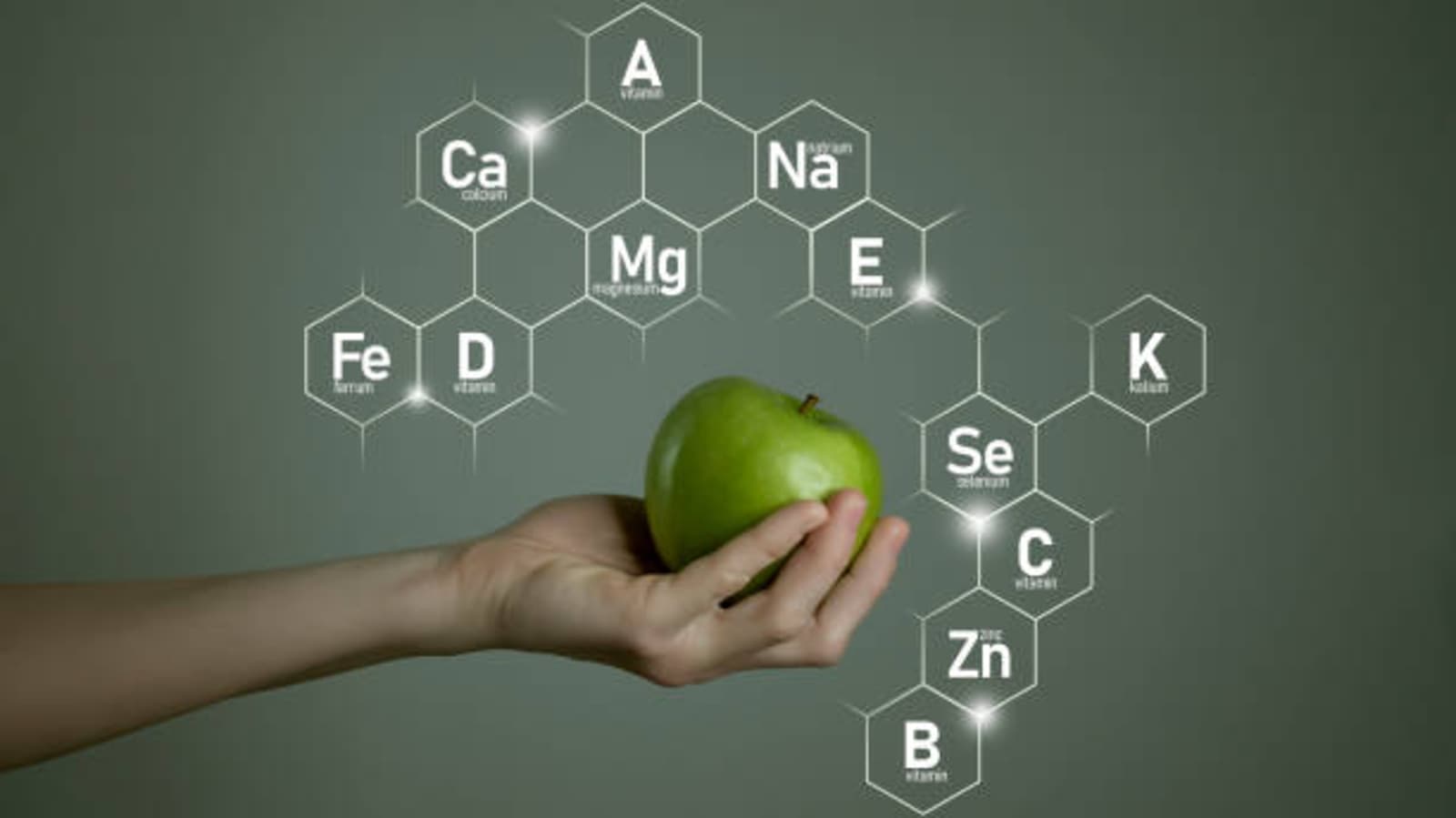Mental health it is a state of mental well-being that enables people to cope with the stresses of life, realize their abilities, learn well and work well, and contribute to their community. According to the World Health Organization’s World Mental Health Report, published in June 2022, out of one billion people living with a mental disorder in 2019, 15 percent of working-age adults experienced a mental disorder. In the first year of the pandemic, the global prevalence of anxiety and depression increased by a staggering 25%. In addition to seeking professional help, experts have also emphasized lifestyle modifications to deal with the gigantic mental, cognitive, and emotional health crisis. (Also read: Mental health tips: relationship between a healthy diet and the brain )
From prescribing activities like yoga and meditation to ground thoughts, to reducing excessive device use, and even improving diet to help nourish the body from within, suggestions for improving mental health have been plentiful. . However, an often overlooked link to mental health is the role of micronutrients in preserving and promoting mental health. Time and time again, research has shown links between diet quality and potential nutritional deficiencies and mental health.
Evidence shows that nutrient-based prescriptions could help in the management of mental disorders at individual and population levels. Studies show that many of the nutrients have a clear link to brain health, including omega-3s, B vitamins (particularly folate and B12), choline, iron, zinc, magnesium, S-adenosyl methionine (SAMe), vitamin D and amino acids.
In a conversation with HT Lifestyle, Dr. Vivek Srivastav, Senior Vice President of Zeon Lifesciences, suggested five micronutrients that one should make sure they get enough of, as part of their overall journey to heightened mental health.
1. Vitamin D
Vitamin D is thought to regulate central nervous system processes, irregularities in which have been linked to depression. In people with depression, vitamin D supplementation can reduce depressive symptoms. According to the 2015-16 India National Mental Health Survey, one in 20 Indians has depression. This number is likely to have increased significantly after COVID-19.
2. Vitamin C
Vitamin C is great for your body, but it’s just as good for your brain. Vitamin C deprivation can lead to a decrease in key neurotransmitters like dopamine and serotonin in the brain. Adding vitamin C to your diet can improve or reverse symptoms of anxiety, depression, and bipolar disorder.
3. Vitamin B
B vitamins are often known for their mood-altering properties. Symptoms of vitamin B12 deficiency can include tiredness and poor memory. Low levels of B12 and other B vitamins, such as vitamin B6 and folate, may be linked to depression. Supplementation with B vitamins could have a positive effect on cognitive function and improve fine-grained aspects related to mental health.
4. Zinc
In addition to boosting immune function, zinc also has a huge impact on brain function and emotions. Few people are aware of zinc’s crucial role in neurotransmission and brain cell membrane integrity. Those with zinc deficiency may experience emotional instability and have trouble managing stress. It has been linked to a variety of mental and emotional illnesses, including attention problems, sleepless nights, anxiety, and depression.
5. Omega-3
This nutrient is essential to prevent brain aging and preserve cognitive function. It is one of the nutrients considered important for the brain development of children. Omega-3 polyunsaturated fatty acids may also have an impact on behavior, personality, and attention. Omega-3 fatty acids have long been known for their effects on heart health, but they are now showing promise as a treatment for mood disorders, including bipolar disorder, major depression, and postpartum depression. Research suggests that omega-3s may help mild to major depression and even schizophrenia.
.
